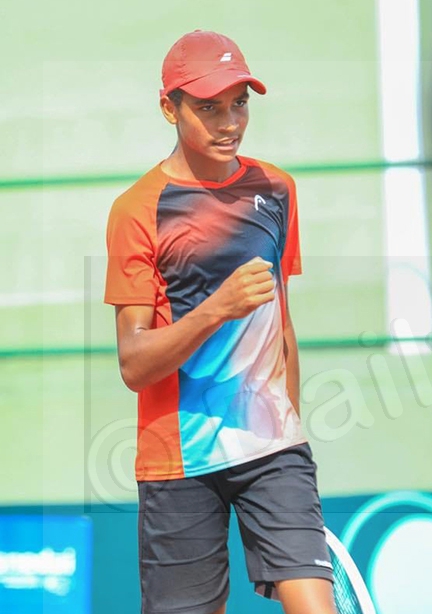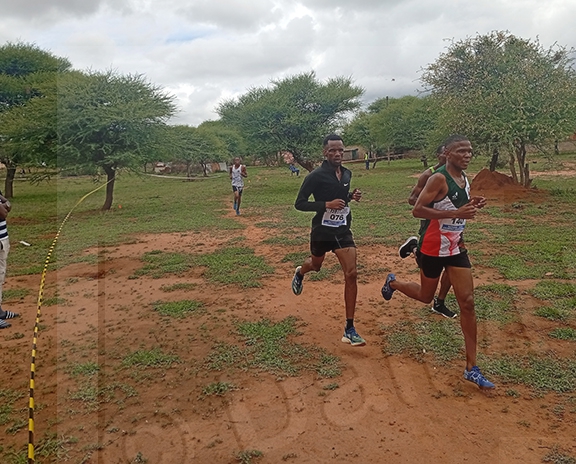Sabure dreams big in chess
14 May 2018
Botswana international chess player, FIDE instructor Barapedi Sabure dreams of upgrading her Northern Target Chess Academy into a big institution in Maun.
In an interview, Northern Target Chess Academy instructor said opening a private school in Maun, with chess as one of the subjects, would help the region to improve their academic performances in various school across the district.
Sabure, who started playing chess at the age of 12, said the game of chess was essential for transforming a child into a responsible, disciplined, and a wise human being adding that her academy was devoted to extending chess to her local community as she awaits her application for the Chess School.
“My mission is to bring many educational benefits of chess to children aged 4-16 years by providing chess enrichment programmes and I wish to teach the art and science of chess to my students by providing them with expert instruction and to organise opportunities to sharpen their skills.
The 35-year-old Sabure said since she started training 47 children in her academy, the students had improved academically especially in Mathematics where the biggest link between chess and education could be seen and many of the various modalities of thinking involved were shared between the two.
Sabure added that she had a desire to open an academy in Maun because the region was mostly faced with low academic results. She said chess engages different areas of the brain and engaging in the game directly contributes to the sharpening of the brain and at the end helps students in their learning.
She faurther noted that the improvement of reading skills in most of the students she trained might come as a surprise to many. However, she said when students learn to play, they had to describe movies using coordinates and when they reach a slightly higher level, they had to write down their moves as well and both of these have a positive influence on their reading skills.
Sabure said she had learnt that most of the students in each of the schools in Maun who undertook chess lessons obtained significantly higher scores at the end of the year examinations when compared to the controlled group, which actually did more reading during the time that her students were playing chess.
Opportunities include, but not limited to participation in tournaments, matches, camps, exhibitions, tours and access to lectures, newsletters, magazines, books and classes,’’ she said.
Sabure also wants to have a chess store where one can purchase tournament sets, boards, clocks and educational chess books, software and videos.
“The Chess Academy is committed to using chess to improve thinking and problem solving skills in children and my main priority is to increase a child’s interest in learning how to play chess by making the game more accessible in our community centres like libraries, open spaces, schools and in popular cultural events.’’
She said chess was a healthy mind game that contributes greatly to shaping the future of a child. She added that unless a child practices mental exercises in addition to physical exercise as he or she grows up, the child would experience problems such as mental numbness, forgetfulness, loss of concentration, or a whole lot of serious mental disorders like Alzheimer’s or dementia as they grow old.
She said a lot of people think chess was very hard to learn and play but having young people learn to play a game that is considered complex and difficult improves their confidence and self-esteem because the written and unwritten rules of chess require discipline, good behaviour and manners as the need to make calculations based on the chessboard grid and the value of the pieces improve analytic thinking.“Our primary educational objectives for teaching chess to children is to help improve their ability to think effectively.
Equally important is our desire to improve their confidence in the ability to think and this is done by showing them what effective thinking is, how to use it, and what the benefits are so that students do not get bored or lose concentration and this arouses students’ curiosity and their thinking.” ENDS
Source : BOPA
Author : Keswetseng Samokunda
Location : MAUN
Event : Interview
Date : 14 May 2018






